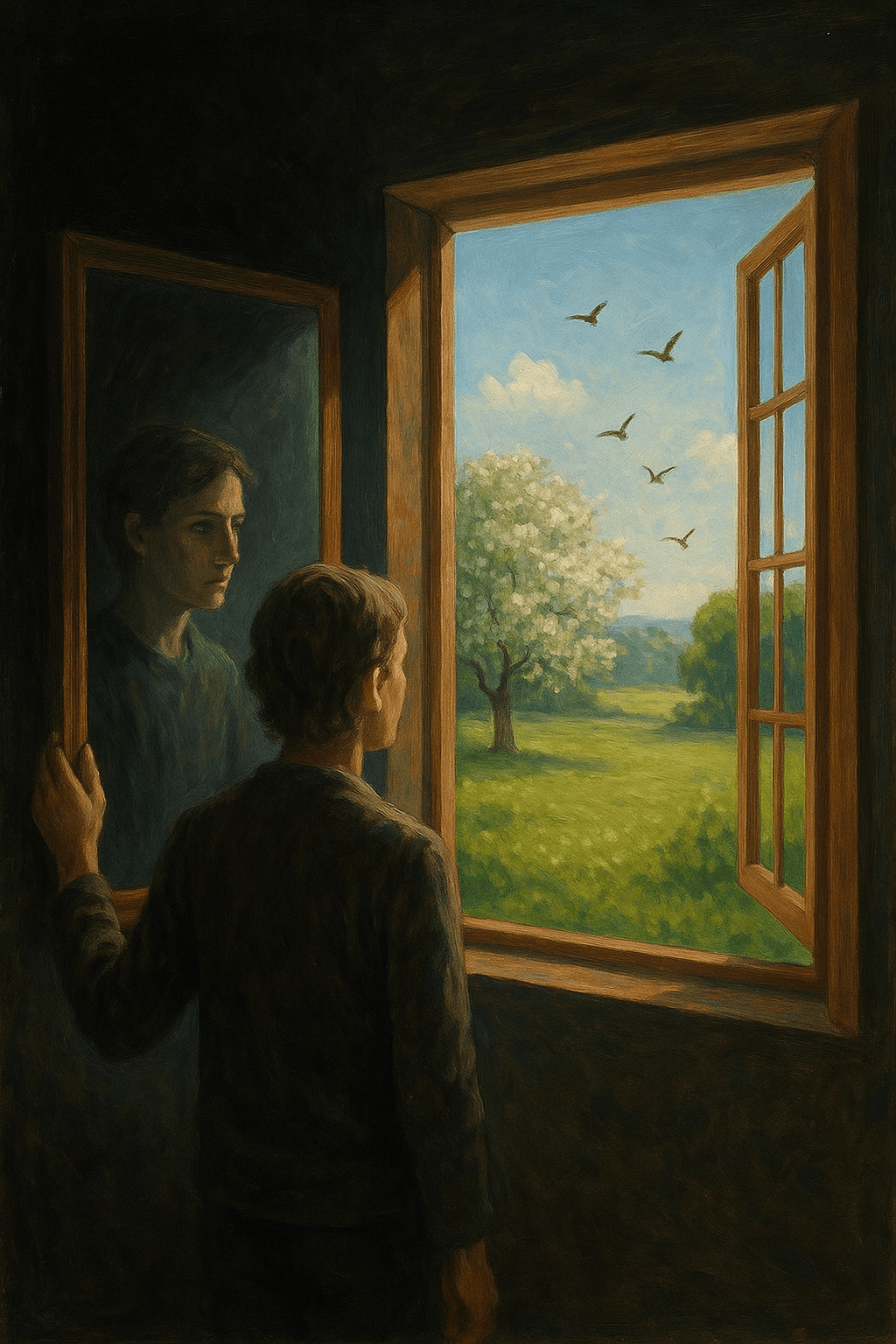Education: Transforming Reflections Into Expansive Views

The whole purpose of education is to turn mirrors into windows. — Sydney J. Harris
From Self-Reflection to Broader Perspective
At the heart of Sydney J. Harris’s metaphor lies a profound progression: education redirects our gaze from self-absorption to outward exploration. While mirrors confine us to our own image and preconceptions, windows unveil a world beyond ourselves, inviting curiosity about the unknown. This shift marks the difference between insular thinking and open-minded discovery, emphasizing how education challenges us to look past our immediate selves.
Historical Shifts in Educational Goals
Reflecting further, the purpose of education has historically moved beyond rote learning towards nurturing critical thinkers. Thinkers like John Dewey, in 'Democracy and Education' (1916), championed experiential learning, urging students to engage with and question their surroundings. This aligns with Harris’s vision: true education doesn't just reinforce what we already know—it dismantles boundaries, exposing learners to fresh ideas and perspectives.
Breaking the Boundaries of Assumptions
Building upon these ideals, the educational process often serves as a means to confront and overcome our biases. Left unchecked, it is easy for our minds to reflect only what is familiar—a mirror feeding back our existing beliefs. Yet, when educators provide ‘windows’ into new cultures, disciplines, or modes of thinking, students are encouraged to question the status quo and appreciate diversity, as seen in multicultural curricula worldwide.
The Role of Curiosity and Empathy
Transitioning to the personal level, Harris’s metaphor also underscores the development of curiosity and empathy. By looking through windows rather than at mirrors, learners become attuned to other lives and experiences. For example, literature classes that expose students to authors from varied backgrounds help cultivate empathy, while science education often starts with wonder about the world outside oneself.
Education as a Lifelong Opening
Ultimately, the window is not static—education is a lifelong invitation to expand our horizons. Graduates, lifelong learners, and anyone engaged in self-improvement repeatedly find that every new skill or insight further pushes open the panes of their understanding. In this way, Harris’s words serve as a reminder: education’s true triumph is measured by how widely it opens our windows onto the world.